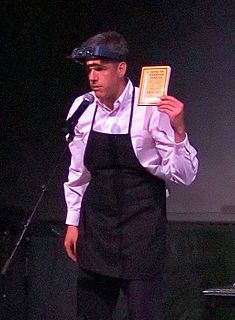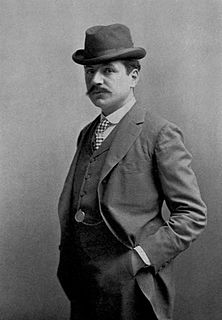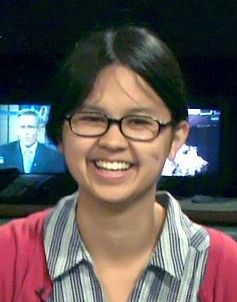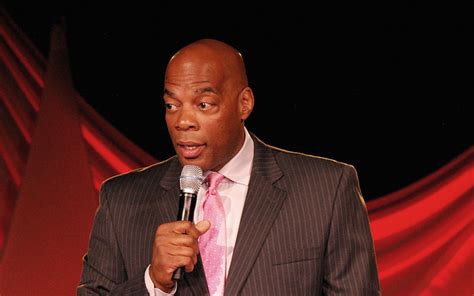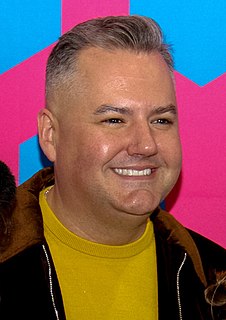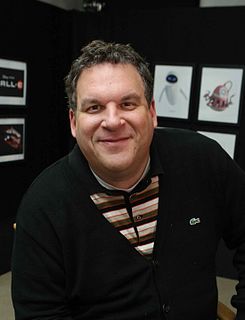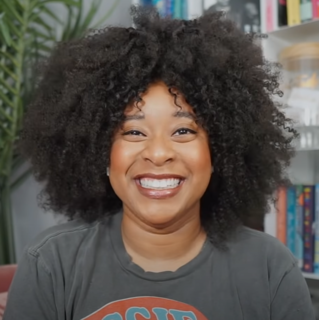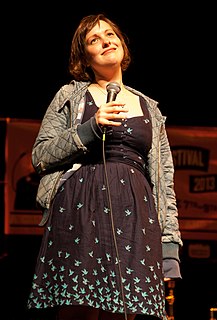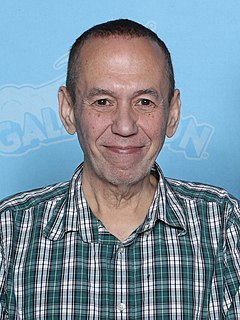A Quote by David Rees
I have a really analytical approach to art. And the whole idea that you can't analyze what makes a joke funny...I do not agree with that at all.
Related Quotes
It's funny, I'm very analytical in my real life, but in terms of my films, I try to not analyze them at all and let things just go into them and let them be what they are. I mean, people ask me to this day what 'The Squid and the Whale' stood for, and I have no idea except that it's an exhibit in the Natural History Museum.
I have become a giant fan of the testing process, especially with a comedy. I mean, they tell you what's funny. It's almost tailor-made for people who shoot the way we shoot, trying a million different options and versions of things. Because the audience doesn't laugh at a joke, we put in another joke. If they don't laugh at the next joke, we put in another joke. You just keep doing them and you can get the movie to the point where every joke is funny, if you have enough options in the can.
If a comedian tells a joke that you find funny, you laugh. If he tells a joke you do not find funny, don't laugh. Or you could possibly go as far as groaning or rolling your eyes. Then you wait for his next joke; if that's funny, then you laugh. If it's not, you don't laugh - or at very worst, you can leave quietly.
